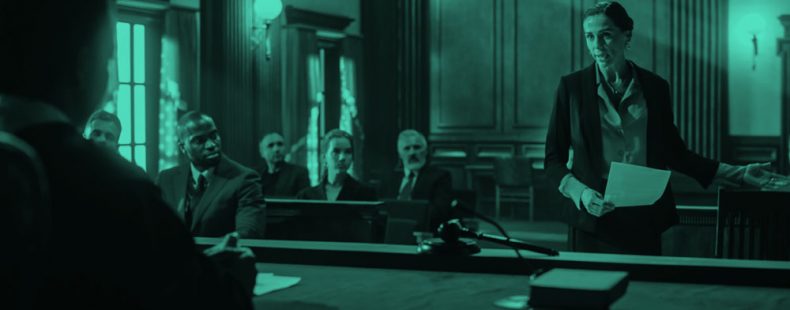Getting ready for your initial consultation with an attorney might feel overwhelming, particularly if you have never navigated the legal world before. If you are addressing a personal injury claim, a family law matter, or business-related issues, understanding what to expect and how to approach your consultation can make all the difference. It is crucial to be equipped with the right information and mindset to facilitate a productive discussion with your attorney.

This article will walk you through essential steps to prepare for that initial meeting. We will also explore key legal concepts that every individual should know, including the importance of understanding your legal rights, the common mistakes people make, and how to choose the right lawyer for your specific needs. By doing a little groundwork ahead of time, you will be more equipped to engage with your lawyer and discuss your situation with assurance.
Crucial Legal Advice
When organizing for your first consultation with a attorney, it is crucial to come equipped with all required paperwork related to your legal matter. This might entail legal documents, correspondence, or any related files that can help your attorney grasp the circumstances quickly. The more ordered you are, the more effectively your lawyer can provide you with guidance and tactics moving forward.
Moreover, being aware of your rights and responsibilities in your individual legal matter is essential. Familiarize yourself with the essentials of the law related to your case, whether it pertains to injury claims, domestic matters, or commercial issues. This basic knowledge will empower you to ask smart queries and understand the potential effects of your case as your attorney clarifies the legal procedure.
Lastly, be truthful and open with your attorney about all the details, even those that may seem trivial or personal. Your lawyer can only adequately advocate for you if they have the full picture. Remember, attorney-client privilege ensures everything you communicate private, so you can feel safe discussing all aspects of your case, guaranteeing that your legal strategy is as effective as it can be.
Selecting a Right Lawyer
Choosing an right attorney is crucial to the outcome of your legal matter. Begin by considering the particular practice area relevant to your case, such as personal injury, family law, or criminal defense. Make sure thecompletelawyer.com select has experience and a strong history in handling cases like to yours. Do not hesitate to ask about their credentials, previous cases, and outcomes to gauge their capability.
Additionally, seek out an attorney whose way of communicating resonates with you. Legal matters can be complicated and lengthy, so it is important to have an attorney who conveys information effectively and is attentive to your inquiries and issues. Scheduling a consultation can help you assess how well you relate with the attorney and whether they appear truly interested in your case.
Finally, take into account the attorney's standing within the community and among peers. Read reviews, seek referrals from trusted friends or family, and inquire with local bar associations for any complaints. A well-respected attorney not only brings their legal knowledge to your case but can also navigate the nuances of local law and court procedures, which can significantly benefit your situation.
Understanding Judicial Processes
To deal with the complexities of the judicial system, it is crucial to comprehend the sequence of events that typically occur in a legal matter. When you first consult with an attorney, they will describe the particular legal processes relevant to your situation. This may include submitting a lawsuit, discovery, and ultimately trial or settlement negotiations. Each phase has its specific set of timelines and requirements that your attorney will help you manage, ensuring that you stay informed and prepared.
Legal processes can differ greatly depending on the nature of your case, whether it's a tort case, a family law issue, or a criminal case. For example, in a personal injury case, the legal procedure may entail gathering proof, obtaining witness statements, and negotiating with insurance companies. Conversely, in a criminal defense situation, the procedure might consist of pre-trial motions, plea deals, and maybe a court appearance. Understanding these differences can help you feel more confident and not as stressed as you take part in your judicial process.
Throughout the judicial process, interaction with your lawyer is key. They will give information on your case and clarify any changes. Being active in your interaction and seeking clarification will enhance your comprehension and ensure you are engaged in the process. Whether it’s understanding what documents to gather or understanding court procedures, your attorney is there to guide you, making the judicial journey easier and clear.
